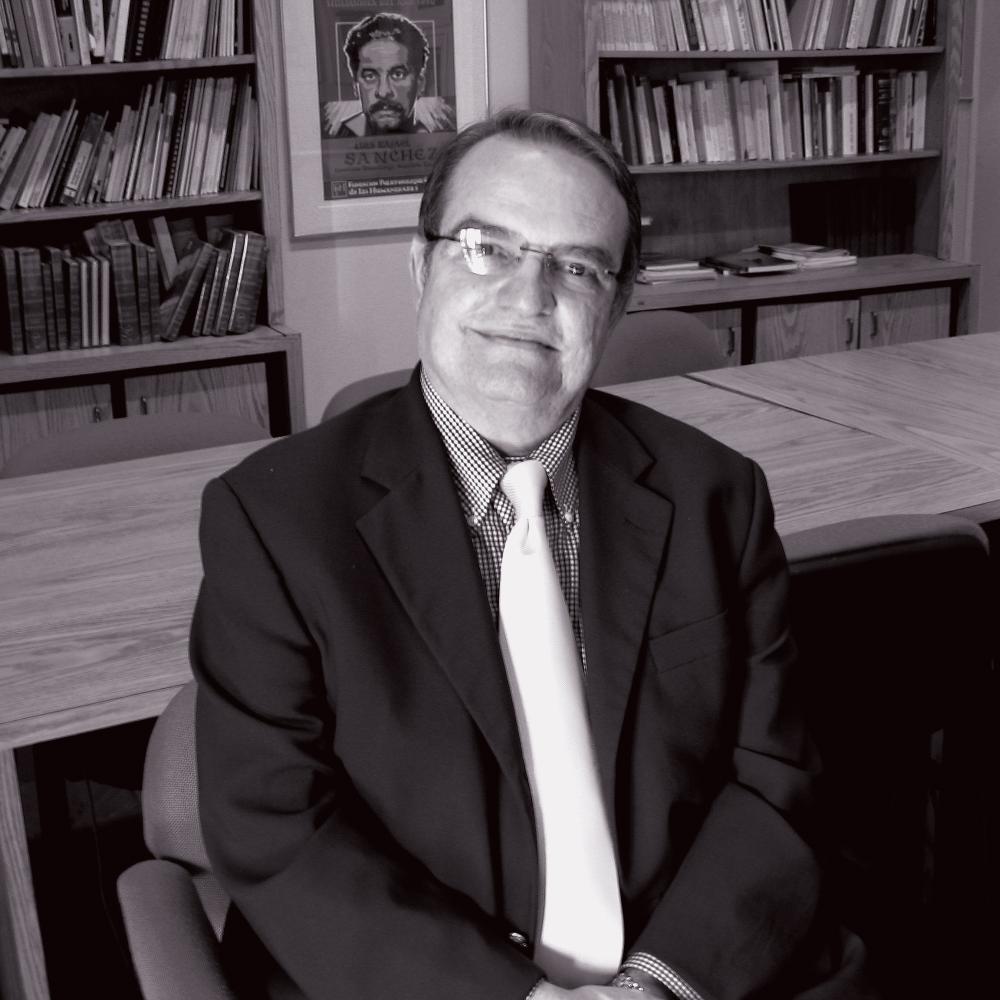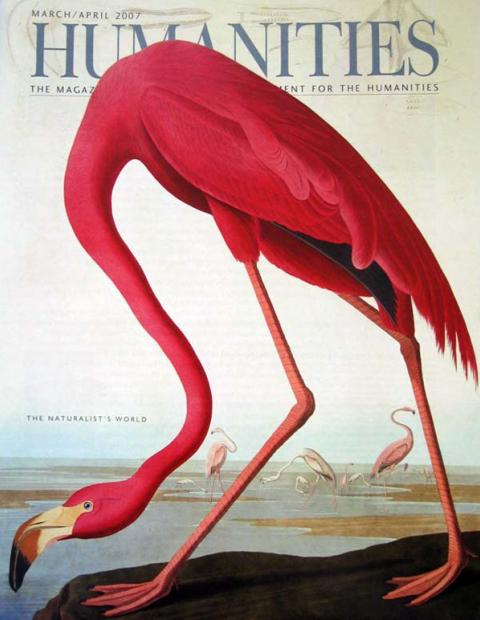Whether exploring musical traditions of the early nineteenth century or producing an electronic encyclopedia, Juan González Lamela is devoted to teaching Puerto Ricans about their history. "It is important for all of us to have all the information available about our heritage, to know about our grandfathers and grandmothers," says González, the executive director of the Fundación Puertorriqueña de las Humanidades, or the Puerto Rican Endowment for the Humanities. "We are a nation and a group of people with a different heritage, history, culture, and customs that are common to all Puerto Ricans."
González's own history has led to his passion for learning. His father was the dean of humanities at the University of Puerto Rico's Rio Piedras campus, a public university near San Juan, and his mother taught Spanish in high school. His family lived on the university's campus, and he would often sit in on his father's courses.
"I really enjoy learning about social problems and economics," says González. "Ultimately, I moved towards education administration and management because I enjoy working with people to accomplish goals and seeing how we can work together more efficiently."
González served as chancellor of Turabo University, a private university of fourteen thousand students, before joining the foundation in 1990.
A 2005 grant from the National Endowment for the Humanities was used to create the We the People Collection: Puerto Rico Series, books that detail Puerto Rican history beginning in the early 1900s.
"This was an important project for us because we involved the universities and the teachers of the high schools," says González. "We gave them each a copy of those eight different books to have in their libraries, school libraries, and in their homes." In May, the foundation will launch an online encyclopedia of Puerto Rican history, culture, and customs. It holds more than three hundred articles using interactive media and video clips. "Puerto Rico is more than beaches, hotels, and casinos," he says. "We have history all around the island. There are places of beauty and places of historical information. We want people to have that information."
González looks for ways to bring educational resources to all Puerto Ricans, including those living in smaller towns, and even Puerto Ricans who have moved elsewhere. Making the electronic encyclopedia bilingual was one way to reach Puerto Ricans living in the United States who, according to González, are typically more comfortable speaking English.
"At the beginning, a lot of projects used to come from San Juan," explains González. "I've tried to bring more projects to the community and more projects all around the island." At a cultural center in Guayama, a city of 44,000 in southeastern Puerto Rico, researchers are using a foundation grant to look at the region's musical history. When immigrants from the Lesser Antilles, a chain of nearby islands, arrived in Guayama during the nineteenth century, they brought various musical traditions to the eastern part of the island.
"It's really interesting that you have musical works in English, Dutch, French, and other languages coming to the island," says González. "What the researchers are trying to do is study, record, and preserve that music. Not too many Puerto Ricans know about this part of our history."
Projects like these, says González, help Puerto Ricans understand their identities.
"Puerto Ricans living on the island are U.S. citizens but they also have a different heritage. The language is Spanish, and there is a different history and set of customs. All Puerto Ricans need to have access to and understand their heritage."


